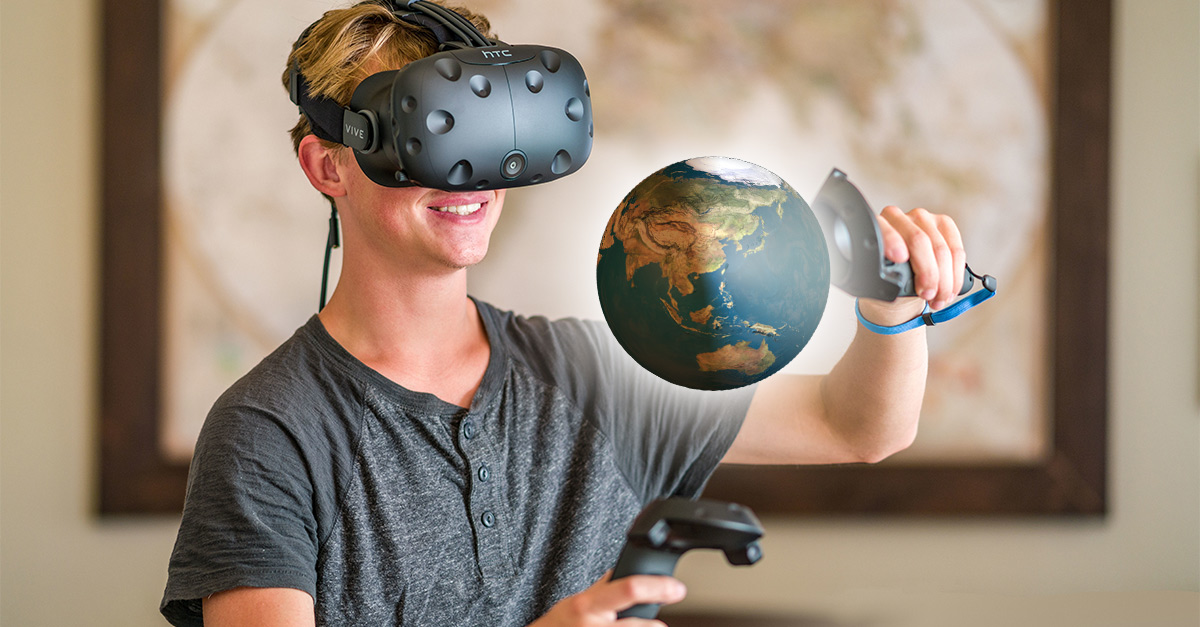Can Virtual Reality Transform Science Education?

When it comes to innovative teaching methods, few things rival flight simulators.
Flight simulators cut down on safety risks by allowing students to gain proficiency before trying out the real thing and also minimize training costs.
Entrepreneur and tech enthusiast Michael Bodekaer was inspired by the success of flight simulators in imagining how virtual reality could transform science education.
In his recent TED Talk, provocatively entitled This virtual lab will revolutionize science class, Michael demonstrates how using a tablet and virtual reality headset could transform the way we teach lab science. Michael and his team set out to:
…create a fully simulated, one-to-one, virtual reality laboratory simulator, where the students could perform experiments with mathematical equations that would simulate what would happen in a real-world lab.
Imagine being able to save millions of dollars on cancer research, allowing grants to stretch further and finance more research! Imagine high school students being able to learn about salmonella bacteria, an important topic that many schools cannot teach for good safety reasons.
Virtual reality is often linked to gaming, but there’s no reason why good education cannot coexist with fun games. Michael used the VR technology to stimulate a CSI crime scene wherein students must learn and use science and math to solve a crime.
Importantly, the use of this virtual lab, when paired with a live teacher who mentors and coaches, the team found “a total 101 percent increase in the learning effectiveness, which effectively doubles the science teacher’s impact with the same amount of time spent.